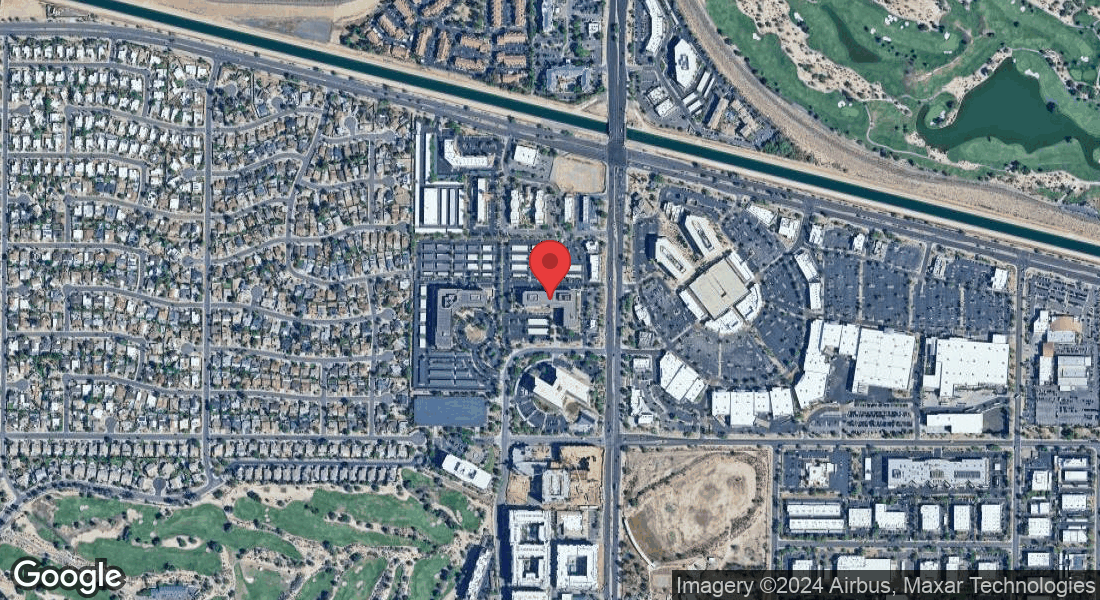Blog
Blog

What Is Land Zoning And Why Is It Important?
“What Is Land Zoning And Why Is It Important?” - Maddy Bjugan
Land zoning plays a pivotal role in urban planning, overall land use and community development. It’s important for land owners to understand the defined role of various zoning categories and the potential city, county or jurisdictional regulations that accompany them.
Below is a comprehensive overview of land zoning–what it is and its purpose.
What is Land Zoning?
Land zoning is an important factor to consider when determining the development potential of any piece of land. It’s a system of rules, regulations, and laws that a local government or municipality puts in place to designate the type of land use for a particular area.
Local governments use zoning ordinances to control and limit the types of activities that occur in a given area, from residential to commercial to industrial, and more.
Land zoning can also help protect the local environment and provide guidance on how best to use the land. It helps prevent certain activities and uses that may not benefit the community, such as industrial pollution or overcrowding.
Knowing the land zoning process and purpose will give you a better understanding of the development potential of a piece of land, it’s overall value, and what’s generally allowed or prohibited in any given area.
Why is Zoning Important?
Zoning codes are an important part of raw land development because they allow for the efficient use of space and ensure that certain areas are protected from development.
Zoning can also help maintain public safety by ensuring developers construct buildings to a certain standard and properly consider fire safety, access, and other safety issues.
It further aids in preventing overcrowding, environmental degradation, and other issues that can arise when proper community planning isn’t present.
Additionally, cities and counties can use zoning to foster economic growth or incentivize development. For example, zoning may allow for greater density or taller buildings, generating more tax revenues and providing jobs within a region.
Finally, zoning restrictions can help protect natural resources, such as wetlands, forests, and other green spaces. Without adequate zoning regulations, these resources could become overdeveloped or under-protected, leaving future generations with fewer natural resources or open space.
In short, zoning is an essential tool for land developers to understand in order to ensure the most efficient use of space while balancing safety considerations and protecting natural resources.
Types of Land Zoning
When it comes to land zoning, there are typically five main types:
Residential
Industrial
Commercial
Agricultural
Rural
Each type typically has subcategories and regulations can even vary between the subcategories of land. Something else to note, land zoning can be changed. There are rules, regulations, and formalized procedures that are managed by the governing municipality to rezone a piece of land. So, it is not a guarantee, but it can potentially be changed.

Residential Zoning
Residential land zoning specifies various zones for different housing types, such as single-family homes or mixed-use/multi-dwelling units.
With residential zoning, local governments set parameters for the size and shape of buildings, as well as parking and landscaping requirements. Zoning also defines where high-density housing may occur, how close together buildings can be situated, and so on.
Industrial Zoning
Industrial zoning establishes where industrial activities can take place to minimize conflict with other land uses, such as residential neighborhoods. It typically includes provisions that limit the type of business activity in an area, noise levels, the size of structures, parking requirements, and more.
Properly zoned industrial land is essential for economic growth and development since it provides a safe environment for businesses to operate in–encouraging investment from both private citizens and corporations alike.
Additionally, by setting clear parameters for businesses operating in a given area, zoning assists with mitigating any negative impact on nearby residential and environmental areas by separating potentially hazardous activities from homes and schools.
Commercial Zoning
Commercial land zoning specifically designates areas for businesses to be built. It helps to regulate the types of businesses and activities that take place in an area, and the size, density, and extent of development.
This type of zoning law also balances commercial activity with residential concerns by setting restrictions on noise, air pollution, dust and smoke levels, street access characteristics such as width or walkability, and landscaping requirements.
A commercial zoning regulation also ensures that sensitive ecological or historic sites are protected from over-development.
To further protect local communities from development pressures, commercial zoning often defines height restrictions on proposed office buildings/retail stores/etc. and places minimum lot size requirements on parcels of land intended for commercial use.
Agricultural Zoning
Agricultural land zoning is a way to divide up natural resources to make them more sustainable and efficient. It helps protect the environment and allows for land use to be planned so that the most productive areas can be used for farming.
Zoning also allows farmers to specialize in different types of crops, allowing them to maximize profits while minimizing environmental damage.
In addition, zoning can help protect water resources by preventing runoff from contaminating sources of drinking water or aquatic life habitats. By regulating where and how development takes place, agricultural land zoning also helps to prevent soil erosion and habitat destruction.
Agricultural land zoning has become increasingly important as global food production evolves due to climate change and population growth.
With proper zoning regulations, farmers can ensure that their lands remain productive for years to come, thus helping ensure food security for future generations.
Rural Zoning
Rural land zoning safeguards resources such as potential agricultural land, forests, wetlands, and watercourses, creating a balance between economic development and the conservation of natural resources.
It can guide local businesses seeking to expand in rural areas while preserving the community’s character. In addition, zoning regulations for rural lands help ensure that buildings are located away from hazardous conditions, such as flooding or wildfire hazards.
Rural land zoning also helps protect communities from overcrowding and sprawl by regulating population density and limiting the amount of development allowed on land.
As stated above, land zoning can have a huge impact on the activity that can be performed in a particular area or piece of land. As part of our land valuation process in determining the residential development potential of a piece of land, we will go through a zoning analysis and determine if a path forward is possible. If you are interested in potentially selling your land or receiving a non-obligation land valuation, click here to learn more.




